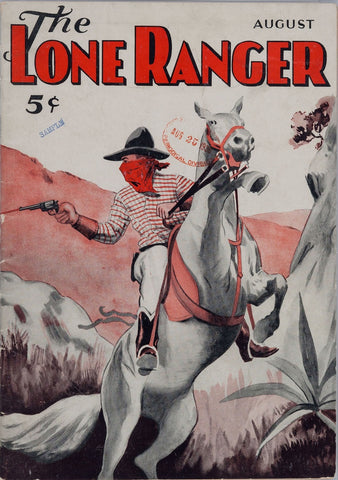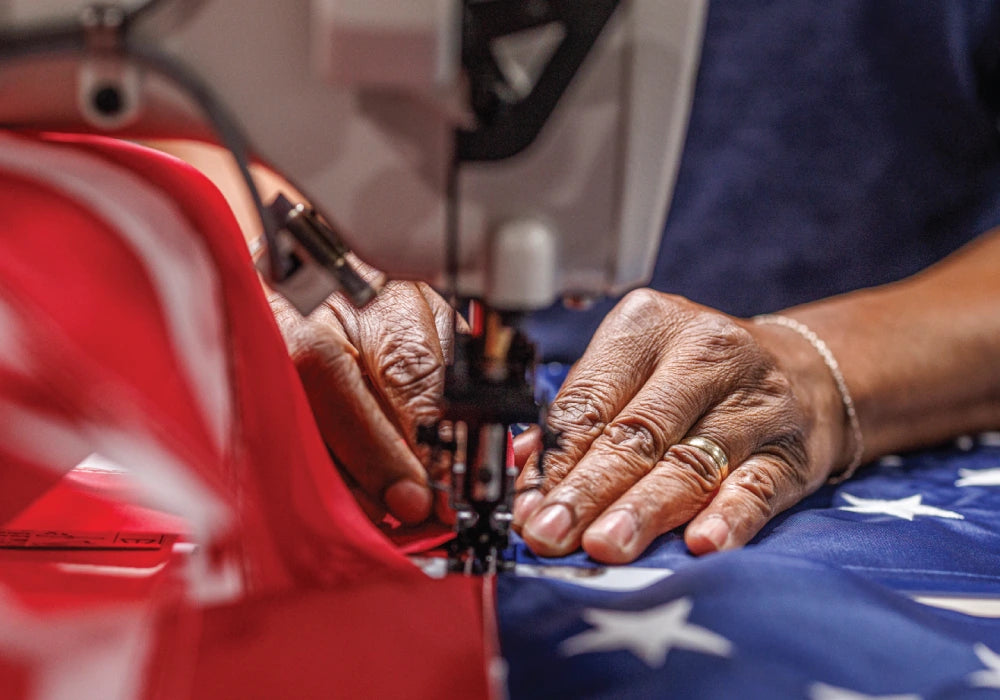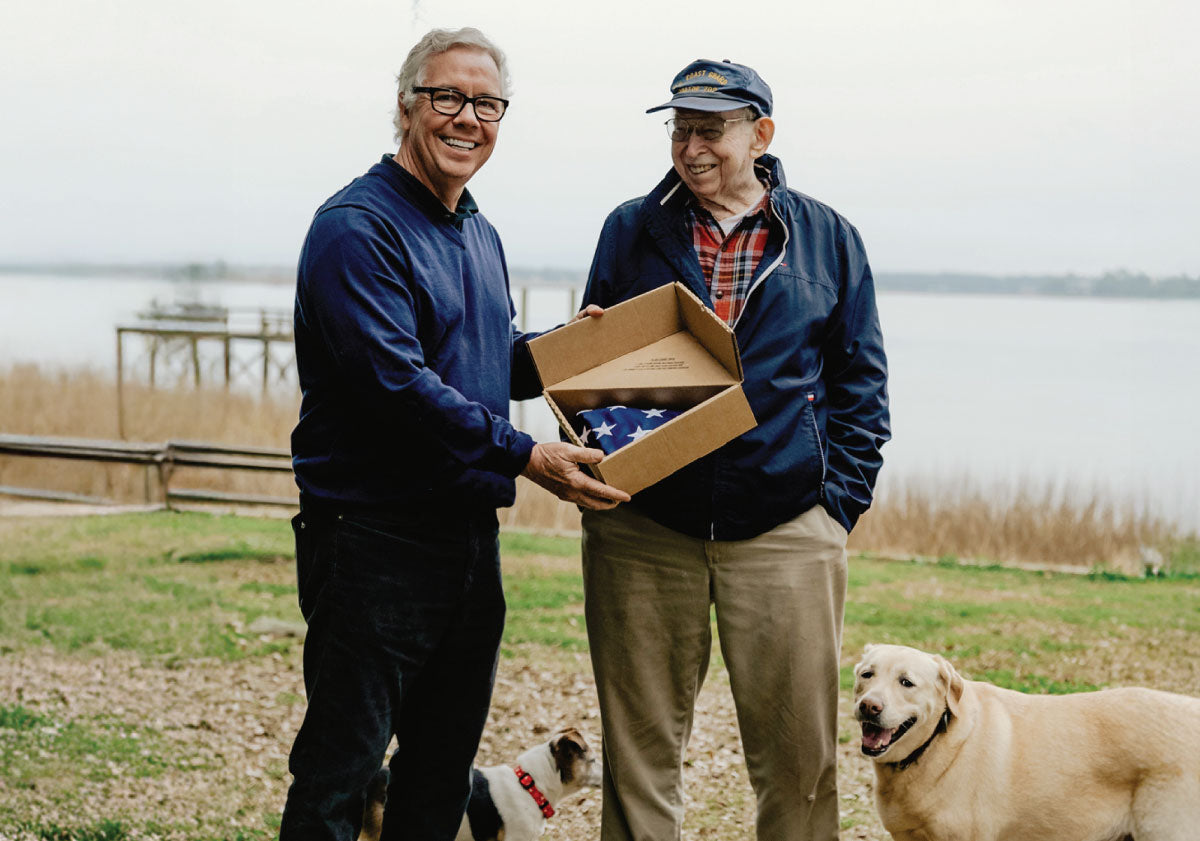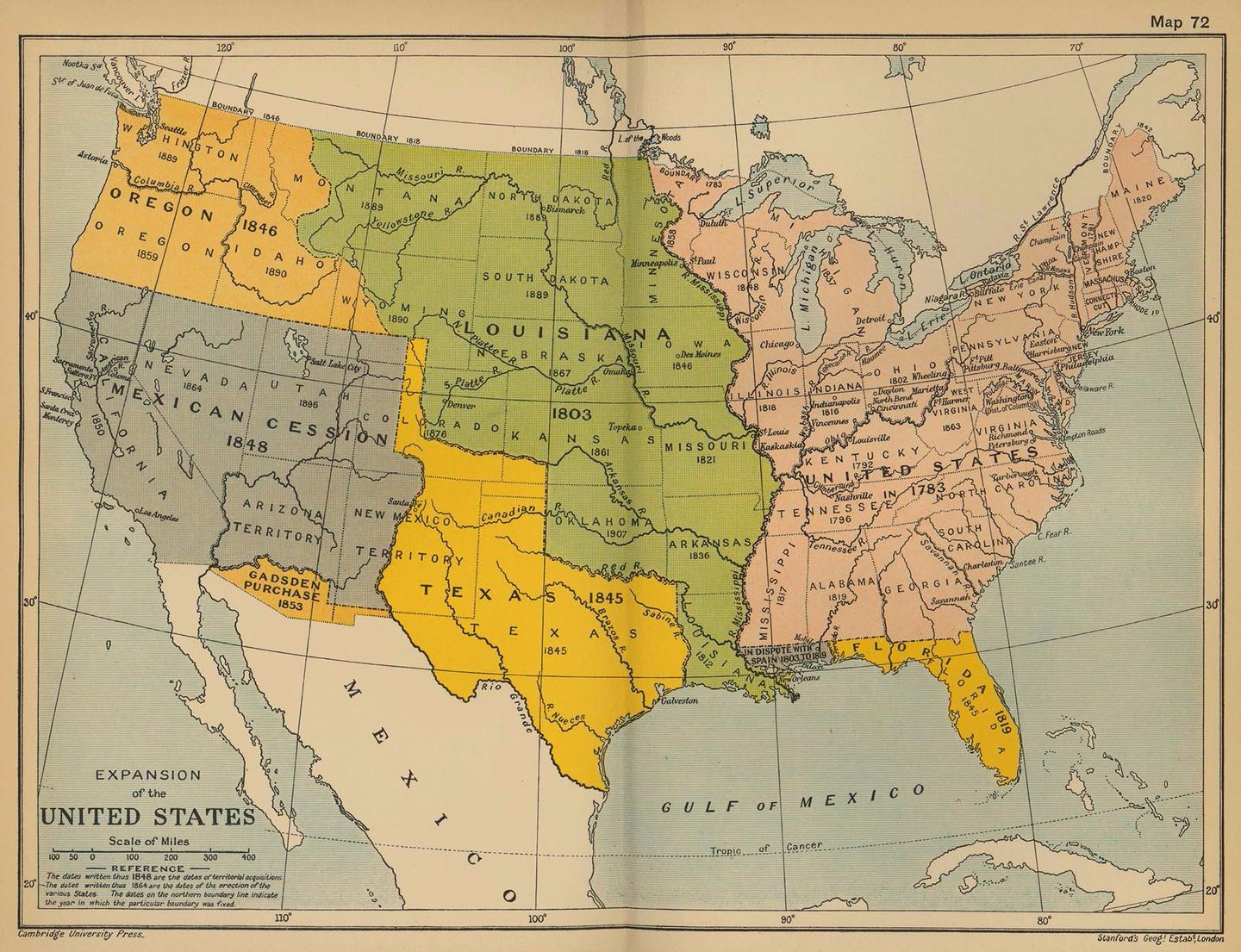January 29

1845
Edgar Allan Poe’s famous poem “The Raven,” beginning “Once upon a midnight dreary,” was published in the New York Evening Mirror. Equally praised and panned by critics of the day, the poem made Poe famous throughout America and England. Poe’s dark and macabre work, which reflected his own tumultuous and difficult life, often portrayed motiveless crimes and intolerable guilt that induces growing mania in his characters.


1936
The U.S. Baseball Hall of Fame elected its first members in Cooperstown, New York: Ty Cobb, Babe Ruth, Honus Wagner, Christy Matthewson and Walter Johnson. The Hall of Fame actually had its beginnings in 1935, when plans were made to build a museum devoted to baseball and its 100-year history. A private organization based in Cooperstown called the Clark Foundation thought that establishing the Baseball Hall of Fame in their city would help to reinvigorate the area’s Depression-ravaged economy by attracting tourists.

1964
Stanley Kubrick’s black comic masterpiece, Dr. Strangelove or: How I Learned to Stop Worrying and Love the Bomb opened in theaters to both critical and popular acclaim. The movie’s popularity was evidence of changing attitudes toward atomic weapons and the concept of nuclear deterrence. The film’s jabs at some of America’s defense strategy struck a chord with the American people. Particularly after the frightening Cuban Missile Crisis of 1962–when nuclear annihilation seemed a very real possibility–the American public was increasingly willing to question the nation’s reliance on nuclear weapons.
January 30

1835
Andrew Jackson became the first American president to experience an assassination attempt. Richard Lawrence, an unemployed house painter, approached Jackson as he left a congressional funeral held in the House chamber of the Capitol building and shot at him, but his gun misfired. A furious 67-year-old Jackson confronted his attacker, clubbing Lawrence several times with his walking cane. During the scuffle, Lawrence managed to pull out a second loaded pistol and pulled the trigger, but it also misfired. Jackson’s aides then wrestled Lawrence away from the president, leaving Jackson unharmed but angry and, as it turned out, paranoid.

1933
With the stirring notes of the William Tell Overture and a shout of “Hi-yo, Silver! Away!” The Lone Ranger debuted on Detroit’s WXYZ radio station. The creation of station-owner George Trendle and writer Fran Striker, the “masked rider of the plains” became one of the most popular and enduring western heroes of the 20th century. Joined by his trusty steed, Silver, and loyal Native American scout, Tonto, the Lone Ranger sallied forth to do battle with western outlaws and Native Americans, generally arriving on the scene just in time to save an innocent golden-haired child or sun-bonneted farm wife.

1994
American speed skater Dan Jansen set a new world record of 35.76 at the World Sprint Championships in Calgary, Alberta, Canada in the 500-meter event. Although he was regarded as one of the finest speed skaters of his generation, Dan Jansen had to wait until his fourth Olympic Winter Games, Lillehammer 1994, to win a gold medal. By this time, he had won an overall total of seven World Cup titles and set seven world records. He retired from competition after the Lillehammer games.
January 31

1950
U.S. President Harry S. Truman publicly announced his decision to support the development of the hydrogen bomb, a weapon theorized to be hundreds of times more powerful than the atomic bombs dropped on Japan during World War II. Five months earlier, the United States had lost its nuclear supremacy when the Soviet Union successfully detonated an atomic bomb at their test site in Kazakhstan. Then, several weeks after that, British and U.S. intelligence came to the staggering conclusion that German-born Klaus Fuchs, a top-ranking scientist in the U.S. nuclear program, was a spy for the Soviet Union. These two events led Truman to approve massive funding for the s world’s first “superbomb".

1968
As part of the Tet Offensive, a squad of Viet Cong guerillas attacked the U.S. Embassy in Saigon. The soldiers seized the embassy and held it for six hours until an assault force of U.S. paratroopers landed by helicopter on the building’s roof and routed the Viet Cong. The Tet Offensive was planned as a massive, simultaneous attack on the major cities and provincial capitals of South Vietnam. It was scheduled to take place during Tet, the Vietnamese lunar New Year celebration, which was traditionally a time of decreased fighting.

1988
In San Diego, California, Doug Williams of the Washington Redskins, now known as the Washington Commanders, became the first African American quarterback to play in a Super Bowl, scoring four of Washington’s five touchdowns in an upset 42-10 victory over the Denver Broncos and John Elway in Super Bowl XXII. Though he downplayed the race issue of his legacy, Williams made history in more ways than one in Super Bowl XXII. His four touchdowns in the first half tied the Super Bowl then-record for most touchdowns thrown in an entire game. Also in the first half, he passed for 306 yards, just 25 short of the Super Bowl record for an entire game. Williams broke the record—set by Joe Montana in Super Bowl XIX—in the third quarter.
February 1

1790
In the Royal Exchange Building on New York City’s Broad Street, the Supreme Court of the United States met for the first time, with Chief Justice John Jay of New York presiding. The U.S. Supreme Court was established by Article Three of the U.S. Constitution, which took effect in March 1789. The Constitution granted the Supreme Court ultimate jurisdiction over all laws, especially those in which constitutionality was at issue. The court was also designated to rule on cases concerning treaties of the United States, foreign diplomats, admiralty practice, and maritime jurisdiction.

1961
The Misfits, American drama western film written by Arthur Miller and directed by John Huston, was released. Starring Clark Gable, Marilyn Monroe, and Montgomery Clift, the film centers around aging cowboys while Monroe, an ex-stripper named Roslyn Taber, falls in love with Gable's Gay Langland. Adapted by Miller from his own short story of the same name published in Esquire in October 1957, The Misfits was the last completed film for both Clark Gable and Marilyn Monroe. For Gable, the film was posthumously released, while Monroe died in 1962.

1978
Antislavery crusader and Civil War veteran Harriet Tubman became the first African American woman to appear on a U.S. postage stamp, the first in the Post Office's Black Heritage Series. Tubman's appearance on stamps was emblematic of both the progress made in recognizing African Americans' contributions to American history and of the ongoing effort to put abolitionists on equal footing with slaveowners in the nation's historical canon.
February 2

1848
The Treaty of Guadalupe Hidalgo was signed, ending the Mexican-American War in favor of the United States. The Treaty of Guadeloupe Hidalgo added an additional 525,000 square miles to United States territory, including the area that would become the states of Texas, California, Nevada, Utah, New Mexico and Arizona, as well as parts of Colorado and Wyoming. Controversy during and after the war pitted President James K. Polk in a political war against two future presidents: Zachary Taylor and Abraham Lincoln. Although Polk’s war was successful, he lost public support after nearly two bloody and costly years of fighting. Additionally, the controversial war reignited the slavery extension debate that would ultimately result in the American Civil War in the 1860s.

1876
The National League of Professional Baseball Clubs, which came to be more commonly known as the National League (NL), was formed. The American League (AL) was established in 1901 and in 1903, the first World Series was held. The National League had eight original members: the Boston Red Stockings (now the Atlanta Braves), Chicago White Stockings (now the Chicago Cubs), Cincinnati Red Stockings, Hartford Dark Blues, Louisville Grays, Mutual of New York, Philadelphia Athletics and the St. Louis Brown Stockings.

1887
Groundhog Day, featuring a rodent meteorologist, was celebrated for the first time at Gobbler’s Knob in Punxsutawney, Pennsylvania. According to tradition, if a groundhog comes out of its hole on this day and sees its shadow, it gets scared and runs back into its burrow, predicting six more weeks of winter weather; no shadow means an early spring. Groundhog Day has its roots in the ancient Christian tradition of Candlemas, when clergy would bless and distribute candles needed for winter. The candles represented how long and cold the winter would be. Germans expanded on this concept by selecting an animal—the hedgehog—as a means of predicting weather. Once they came to America, German settlers in Pennsylvania continued the tradition, although they switched from hedgehogs to groundhogs, which were plentiful in the Keystone State.
February 3

1959
Rising American rock stars Buddy Holly, Ritchie Valens and J.P. “The Big Bopper” Richardson were killed when their chartered Beechcraft Bonanza plane crashed in Iowa a few minutes after takeoff from Mason City on a flight headed for Moorhead, Minnesota. Investigators blamed the crash on bad weather and pilot error. Holly and his band, the Crickets, had just scored a No. 1 hit with “That’ll Be the Day.” After mechanical difficulties with the tour bus, Holly had chartered a plane for his band to fly between stops on the Winter Dance Party Tour. However, Richardson, who had the flu, convinced Holly’s band member Waylon Jennings to give up his seat, and Ritchie Valens won a coin toss for another seat on the plane.

2002
The New England Patriots shocked football fans everywhere by defeating the heavily favored St. Louis Rams, 20-17, to take home their first Super Bowl victory. Pats’ kicker Adam Vinatieri made a 48-yard field goal to win the game just as the clock expired. The American Football Conference Champion Patriots were coached by Bill Belichick, who joined the team in 2000, the same year quarterback Tom Brady was drafted. The Patriots would become the most dominant football team over the next twenty years winning the Super Bowl five more times: 2004, 2005, 2015, 2017 and 2019.

2005
Alberto Gonzales wins Senate confirmation as the nation’s first Hispanic attorney general despite protests over his record on torture.
The Senate approved his nomination on a largely party-line vote of 60-36, reflecting a split between Republicans and Democrats over whether the administration’s counterterrorism policies had led to the abuse of prisoners in Iraq and elsewhere. Shortly after the Senate vote, Vice President Dick Cheney swore in Gonzales as attorney general in a small ceremony in the Roosevelt Room at the White House. President Bush, who was traveling, called to congratulate him.
February 4

1789
George Washington, the commander of the Continental Army during the Revolutionary War, was unanimously elected the first president of the United States by all 69 presidential electors who cast their votes. John Adams of Massachusetts, who received 34 votes, was elected vice president. The electors, who represented 10 of the 11 states that had ratified the U.S. Constitution, were chosen by popular vote, legislative appointment, or a combination of both four weeks before the election.


1974
Patty Hearst, the 19 y/o granddaughter of newspaper publisher William Randolph Hearst, was kidnapped from her apartment in Berkeley, California, by three armed strangers. In April, however, the situation changed dramatically when a surveillance camera took a photo of Hearst participating in an armed robbery of a San Francisco bank and she was also spotted during a robbery of a Los Angeles store. She later declared, in a tape sent to the authorities, that she had joined the SLA of her own free will. Despite her claim that she had been brainwashed by the SLA, she was convicted on March 20, 1976, and sentenced to seven years in prison.

2004
A Harvard sophomore named Mark Zuckerberg launched The Facebook, a social media website he had built in order to connect Harvard students with one another. By the next day, over a thousand people had registered, and that was only the beginning. Now known simply as Facebook, the site quickly ballooned into one of the most significant social media companies in history. Today, Facebook is one of the most valuable companies in the world, with over 2 billion monthly active users. It has also remained controversial. In addition to allowing misinformation and fake accounts to proliferate, Facebook has drawn criticism both for selling its users' data and for failing to adequately protect it. Nonetheless, Facebook continues to dominate the social media market, generating by far the most ad revenue and maintaining over half of the total market share.






